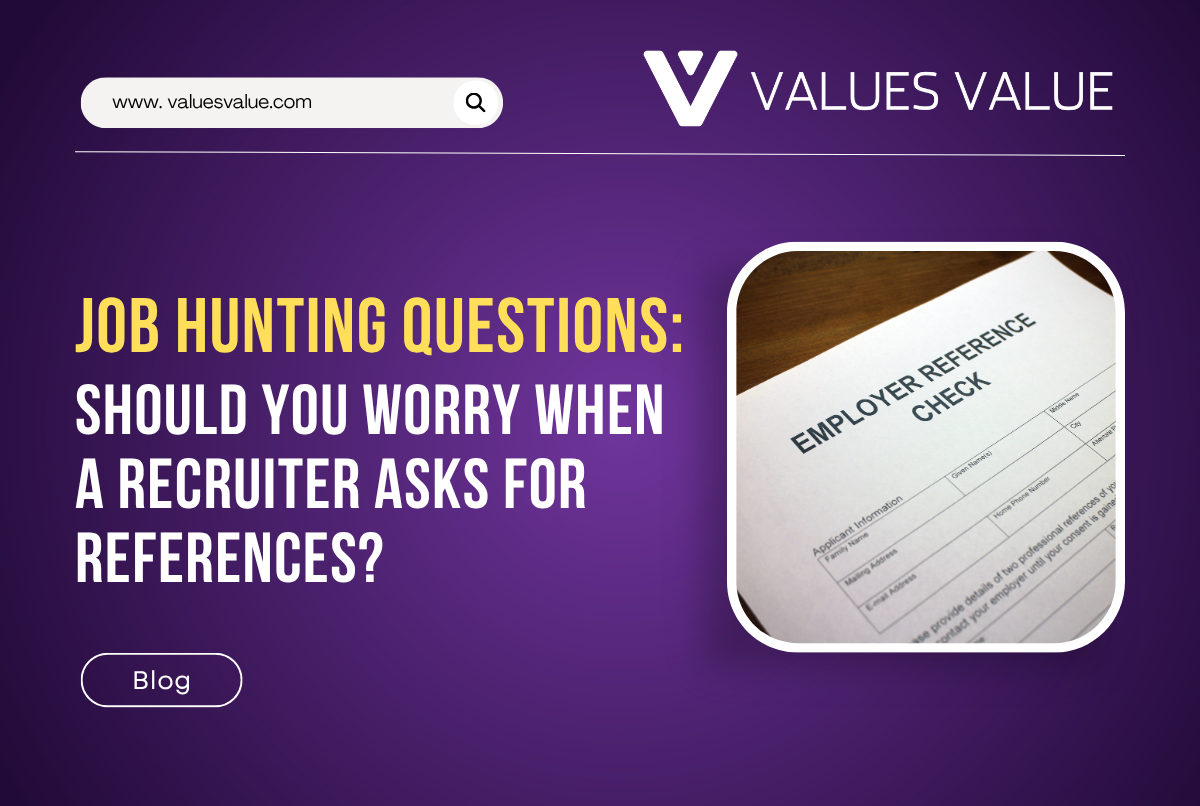 Requesting a sabbatical is a serious decision, and it’s important to approach negotiations with your employer carefully. Here are some recommendations by Values Value to help you minimize risks and increase the chances of a positive outcome:
Requesting a sabbatical is a serious decision, and it’s important to approach negotiations with your employer carefully. Here are some recommendations by Values Value to help you minimize risks and increase the chances of a positive outcome:
1. Prepare for the Conversation:
- Understand Your Reasons: Clearly articulate why you need a sabbatical. It could be for rest, education, travel, or personal matters. Be ready to explain how this experience will help you become a more productive and motivated employee.
- Return Plan: Prepare a plan for how you intend to return to work after the sabbatical. Explain how your skills or perspectives will improve and how this will benefit the company.
2. Research Company Culture and Policies:
- Look for Precedents: Find out if similar cases have occurred in your company and how they were handled. This will help you gauge how realistic your request is.
- Review Internal Policies: Some companies already have formalized rules for such cases. If there are no such policies, consider proposing to create a precedent.
3. Define the Best Conditions:
- Timing: Decide on the length of the sabbatical you’re seeking. The shorter the period, the more likely the company will agree.
- Format: Consider a partial sabbatical (e.g., part-time work or remote work) as a compromise.
- Return Conditions: Propose conditions such as retaining your position or guaranteeing a return to a similar role.
4. Demonstrate the Benefit to the Company:
- Productivity: Show how a sabbatical will help you avoid burnout and return to work with new energy and ideas.
- New Skills: If you plan to use this time for learning, explain how these new skills will benefit your role.
- Company Image: Emphasize that such practices can enhance the company’s reputation by showing that it supports work-life balance.
5. Prepare for Different Scenarios:
- Rejection: Be ready for the possibility that your employer may decline. Think about how you will respond. Is a compromise possible (e.g., a shorter sabbatical or different terms)?
- Risk of Losing Your Job: If the company isn’t willing to guarantee your position, evaluate your financial situation and your readiness to look for a new job after the sabbatical.
- Consequences of Rejection: Consider how a refusal might affect your morale and productivity. This could be a signal that it’s time to explore other job opportunities.
6. Structure the Conversation:
- Start with positive points: highlight your achievements and contributions to the company.
- Explain your reasons for the sabbatical and how it will positively impact both you and the company.
- Offer multiple options: for example, different lengths or conditions for the sabbatical.
- Be open to discussion and compromise.
7. Consider Alternatives:
If a sabbatical isn’t an option, you might be able to negotiate a shorter leave or more flexible working conditions.
The key is to be open, honest, and constructive in your dialogue with your employer. By approaching the conversation with both parties’ interests in mind, you can minimize risks and increase the likelihood of a positive outcome.
Feel free to reach out to us if you’re looking for a job or if you want to get a sense of the job market. talent@valuesvalue.com








